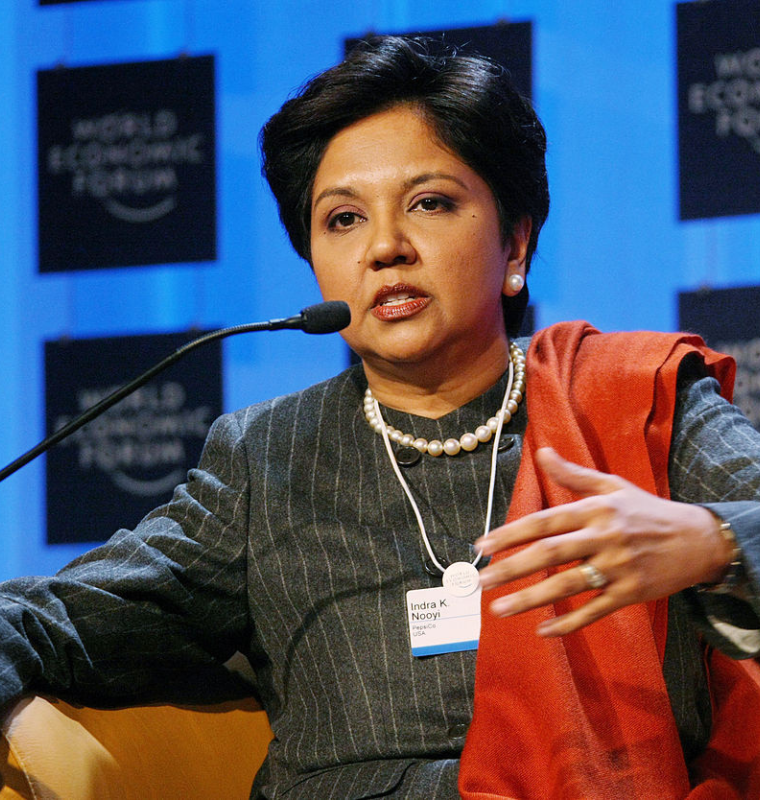Middle East Shipping Insurance Costs Soar Amid Escalating Israel-Iran Conflict
Middle East Shipping Insurance Costs Soar Amid Escalating Israel-Iran Conflict
By
Leah Rosenfeld
Last updated:
June 19, 2025
First Published:
August 3, 2025

Getty Images
Insurance Premiums Surge as Middle East Conflict Threatens Global Shipping Stability
The escalating conflict between Israel and Iran is creating deep ripples across global shipping markets, with marine insurance premiums for vessels navigating key Middle Eastern waterways reaching multi-year highs. Insurers and shipowners are scrambling to reassess risks as fresh airstrikes and military escalations fuel fears of a broader regional war.
War Risk Insurance Rates Climb Sharply
According to data from Marsh McLennan, the world’s largest insurance broker, war risk insurance costs for vessels entering the Persian Gulf have surged to 0.2% of the ship’s total value, up significantly from 0.125% prior to Israel’s surprise offensive against Iranian targets last week. Similar increases are being seen across other key shipping lanes.
In the Red Sea, war risk premiums have also climbed, while insurance coverage for ships calling at Israeli ports has skyrocketed, with premiums tripling to 0.7% of vessel value. This sharp increase reflects rising fears over the vulnerability of Israeli port infrastructure and shipping lanes as the conflict intensifies.
Adding to the instability, Marsh reports that insurers are cutting the validity period of insurance quotes from 48 hours to just 24 hours, reflecting the unpredictable and fast-moving security situation in the region.
Industry on Edge Amid Broader Conflict Fears
“The market is reacting quickly to the deteriorating security environment,” said Marcus Baker, global head of marine, cargo and logistics at Marsh. “Given that the situation remains contained within the region for now, risks are still being placed to enable cargo to flow. But the outlook is increasingly fragile.”
While cargo continues to move through these critical waterways for now, growing uncertainty has forced some shipowners to reroute or avoid the region entirely, particularly around the Strait of Hormuz — a strategic chokepoint that handles roughly 20% of the world’s daily oil consumption.
Jakob Larsen, head of security at BIMCO, which represents global shipowners, noted a “modest drop” in vessel traffic through the Strait of Hormuz in recent days as concerns spread among the shipping community. “The escalating conflict has created a new level of anxiety across the industry,” he added.
The Strait of Hormuz: A Critical Chokepoint at Risk
Situated between Iran and Oman, the Strait of Hormuz remains one of the most strategically significant waterways in global energy supply. On average, nearly 21 million barrels of oil pass through this narrow passage daily, accounting for nearly one-third of global seaborne petroleum shipments.
Any disruption in the Strait, even temporary, could send shockwaves through global energy markets, spike oil prices, raise transportation costs, and fuel further inflationary pressures worldwide. Energy analysts warn that even rumors of military escalation can trigger speculative spikes in crude oil benchmarks like Brent and West Texas Intermediate.
Indeed, oil prices have already shown volatility in recent weeks, with Brent crude trading above $95 per barrel, reflecting rising geopolitical premiums and growing unease over future supply stability.
The Growing Threat of Wider U.S. Involvement
Further complicating the picture is the looming possibility of deeper U.S. involvement. While the Biden administration has so far maintained a cautious stance, the potential for U.S. military intervention — whether directly or in support of Israeli operations — remains an unsettling wildcard.
Market observers warn that any American involvement could dramatically widen the conflict’s scope, triggering even higher insurance costs, sharp disruptions to global shipping routes, and a prolonged period of instability across both energy and financial markets.
Global Supply Chain Vulnerabilities Exposed
Beyond oil markets, the growing insurance premiums and rerouting of vessels threaten to delay global cargo shipments, strain supply chains, and add costs across multiple industries, including consumer goods, raw materials, and food supplies. The Middle East remains a vital artery for international trade, and prolonged conflict could reverberate across global commerce.
As military tensions continue to escalate with no clear diplomatic breakthrough in sight, insurers, shippers, and global markets remain on high alert, bracing for what could become one of the most disruptive geopolitical flashpoints of the decade.
Popular articles
Subscribe to unlock premium content
Indra Nooyi’s Strategic Vision at PepsiCo: Balancing Profitability with Purpose

Nike’s Direct-to-Consumer Revolution: How Cutting Retailers Boosted Profits and Control

Spotifys Playlist Power Turning Music Curation Into An Advertising Goldmine

Indra Nooyi’s Strategic Vision at PepsiCo: Balancing Profitability with Purpose

Nike’s Direct-to-Consumer Revolution: How Cutting Retailers Boosted Profits and Control

Indra Nooyi’s Strategic Vision at PepsiCo: Balancing Profitability with Purpose









